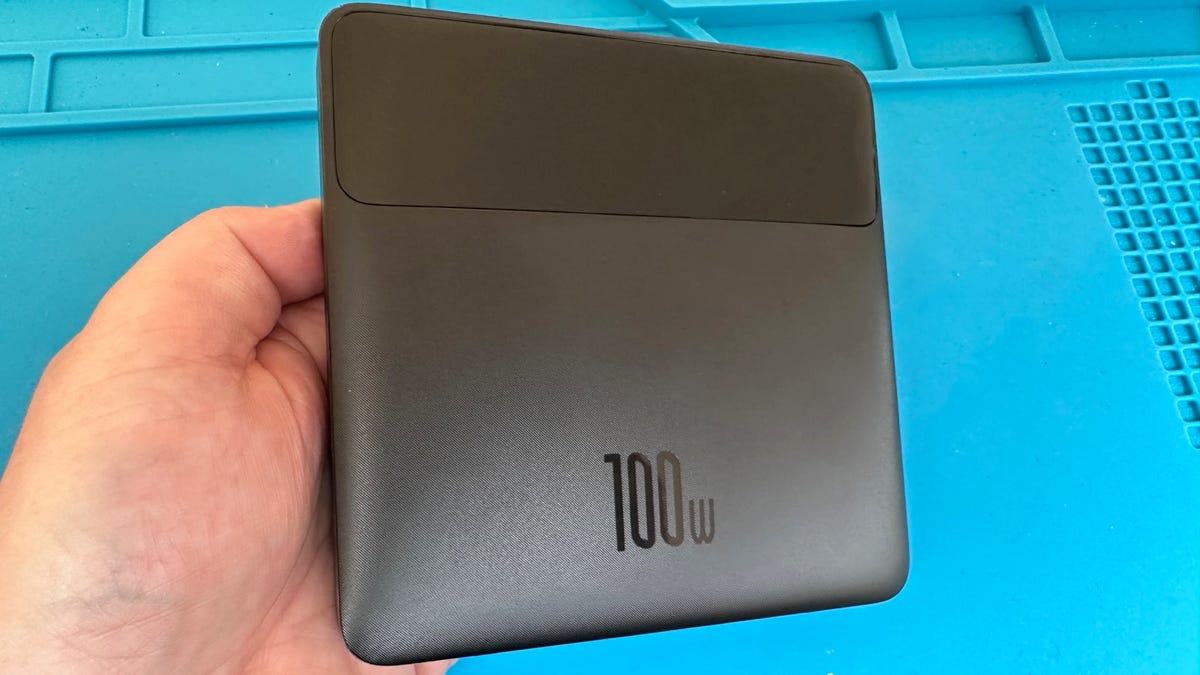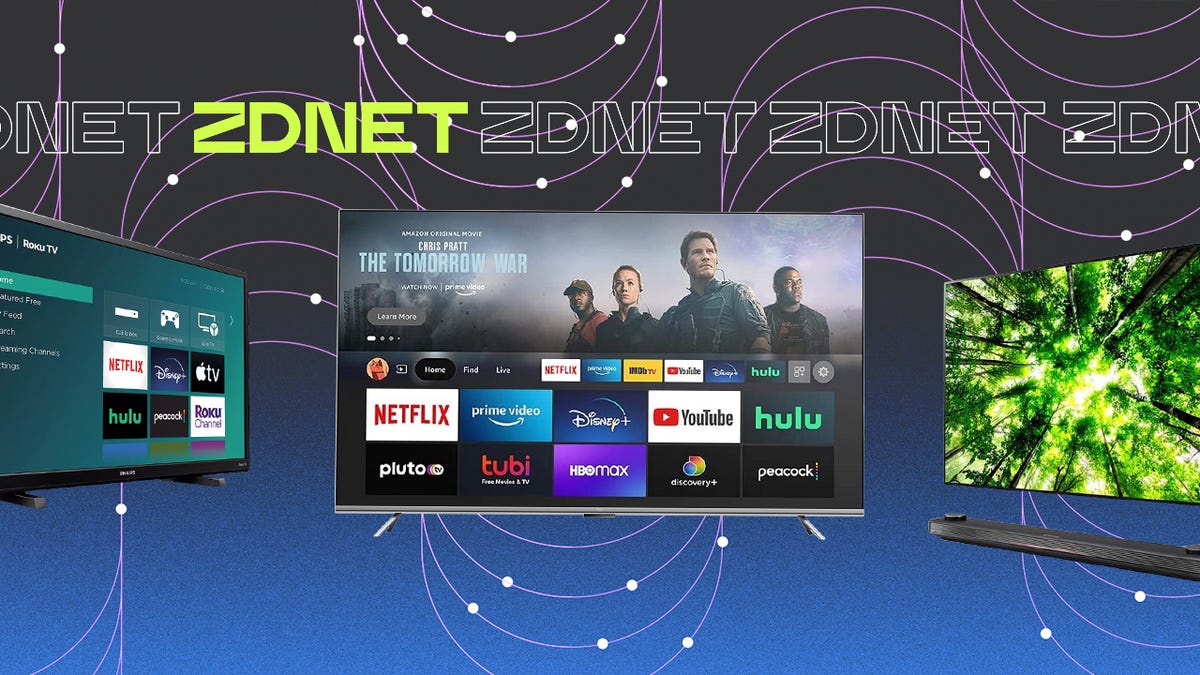BOOK THIS SPACE FOR AD
ARTICLE ADGoogle Pixel 7, Pixel 7 Pro front and rear camera sensor specifications have been tipped. At the back, the Pixel 7 is said to feature a Samsung GN1 primary sensor and a Sony IMX381 ultra-wide angle sensor. Apart from these two, the Pixel 7 Pro is tipped to feature a Samsung GM1 telephoto sensor. At the front, both the Google smartphones are said to sport a Samsung 3J1 selfie sensor. The Samsung GN1 is a 50-megapixel sensor, and the Samsung GM1 sensor is a 48-megapixel sensor.
Tipster Paras Guglani (@passionategeekz) has tipped via Twitter the specifications of the camera sensors that the Google Pixel 7 and Pixel 7 Pro could feature. The Pixel 7 is said to get Samsung's 50-megapixel GN1 primary sensor and Sony's IMX381 ultra-wide angle sensor. The Sony sensor could be an upgrade over the 12.3-megapixel Sony IMX380 sensor. We recommend taking these details with a pinch of salt.
On top of the above mentioned two sensors, the Google Pixel 7 Pro is also said to get Samsung's 48-megapixel GM1 telephoto sensor. Both smartphones from Google are also said to get Samsung's 10.87-megapixel 3J1 sensor at the front for selfies and video calls. If the above tip is true, then the Pixel 7 series will use the same primary and ultra-wide angle sensors as the Pixel 6 variants.
In a recent leak, the alleged live images of the Google Pixel 7 Pro had surfaced online after a Facebook seller supposedly delivered a prototype model to customer instead of the Google Pixel 6 Pro. The handset was spotted running Android 13 and was reportedly codenamed Cheetah. The report further added, citing a Twitter user, that the Android 13 update was cleared off the handset and that it was stuck on the bootloader.
Google Pixel 7 series may allow users to record 4K selfie videos. The Pro variant is reportedly going to feature Samsung's S6E3HC4 display with 1,440x3,120 pixels resolution. It has also been tipped to deliver up to 600 nits of peak brightness in manual mode and 1,000 nits in auto mode. The smartphone is said to be powered by the second-generation Google Tensor SoC with Cortex-A55 cores for low-power background operations.
.png)
 2 years ago
106
2 years ago
106 














 Bengali (Bangladesh) ·
Bengali (Bangladesh) ·  English (United States) ·
English (United States) ·